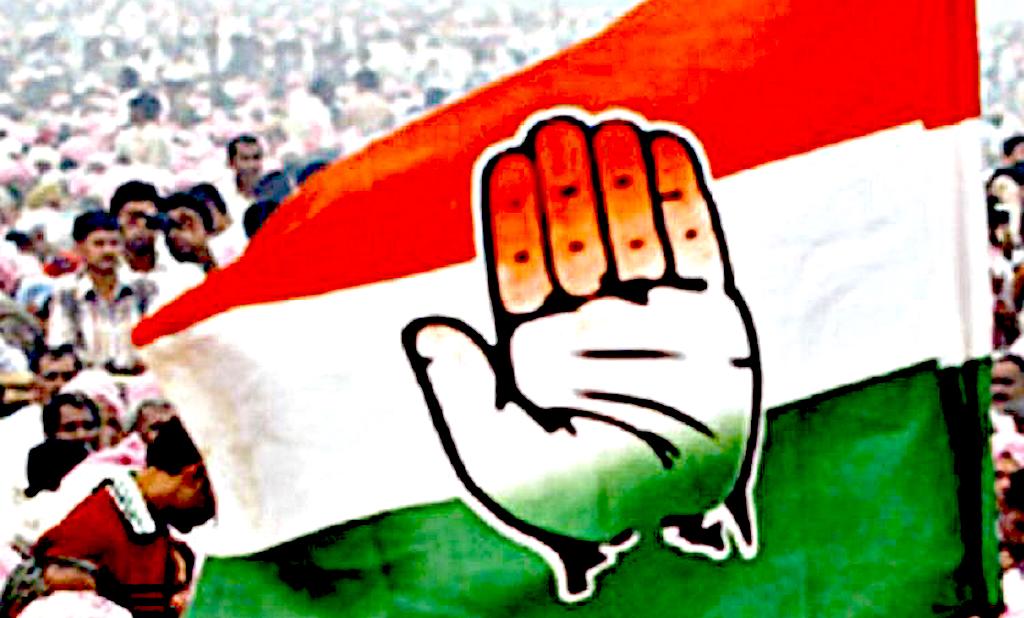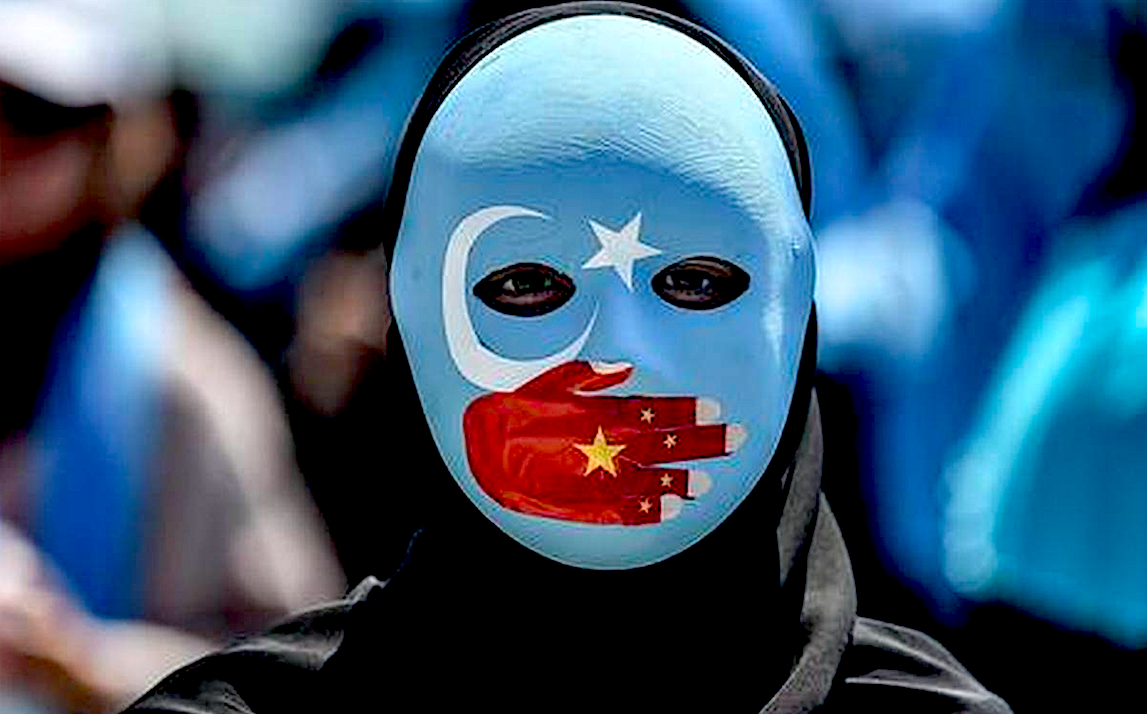While Gandhi’s fast was directed against colonial rule and “in favor of peace among the different religious communities living in India” there appears loopholes in the new age Gandhi.
Nilofar Suhrawardy for BeyondHeadlines
“Corruption and hypocrisy ought not to be inevitable products of democracy, as they undoubtedly are today.” The impression held the then by Father of Nation Mohandas Karamchand Gandhi holds true even today. Yet, the manner in which noise has been raised about corruption in today’s age is barely reflective of the Gandhian style in taking a strong stand on issues affecting the common people. The dress adopted by him, the Indian-dhoti (loin cloth) wrapped around him, was his style of identifying himself with the Indian poor. It was this dress that led British statesman Winston Churchill to label Gandhi as the “half-naked fakir.”
Ironically, of the roughly 17 times that Gandhi is known to have fasted throughout his career, none was regarding his stand against corruption. In fact, the most important fasts undertaken by Gandhi in September 1947 and January 1948 were in favor of peace among the different religious communities living in India. Multi-religious secularism was one of the most important goals promoted by fasts undertaken by Gandhi. His first in March 1918 was to display his support for mill workers of Ahmadabad, who were suffering because of cut in their livelihood driving them to the point of starvation.

Against this backdrop, one is naturally tempted to analyze the Gandhian-hype raised by the fast recently undertaken in India by Anna Hazare. Also the media as well as political hype raised over Hazare’s stand suggests that certain elements are participating with full force to turn all attention towards him, themselves and their stand. This implies that they are deliberately turning away people’s attention from important issues that matter. Hazare and his supporters certainly have the right to raise their voice in favor of such an anti-corruption bill. Yet, it is not legal and/or constitutional for these parties to take a stand, almost forcing the concerned authorities to adopt measures which suit Hazare and others. Yes, going on a hunger strike is one of the measures which fall in this bracket. This has certainly earned Hazare and his supporters greater publicity than they perhaps visualized.
Publicity secured, however, does not imply opening of a constructive approach towards doing away with prevalent corruption. And this is a major fact. Hazare and others’ hunger strike and/or protest demonstration are no guarantee to corruption being done away with. Or at least measures being formulated against corruption. In fact, this also raises the issue that corruption is just one of the minor problems faced by India, when other more serious issues are given some consideration. The latter include inflation, communalism and terrorism among several others.
Against this backdrop, one is compelled to deliberate that Hazare and his supporters have apparently created hype about corruption to probably tarnish the image of the Congress-led government. The media coverage secured by Hazare is hardly suggestive of the greater part of Indian electorate holding the same view as him and his supporters. Here, it may be noted, the aggrieved sections’ stand against communalism as well as terrorism cannot be missed. The hard fact, that of late quite a few right-winged, communal elements linked with saffron brigade have been labeled as terrorists cannot be ignored. And this raises the question, whether Hazare and his supporters’ primary aim is to divert attention from communal as well as terroristic stains colouring some of their allies’ image? This is further proved by their neo-stand apparently cornering the Congress-led coalition over the corruption issue.
It is accepted that Hazare and his supporters have the right and freedom to raise their voice regarding issues of their concern, including corruption. Yet, it would be erroneous to label the same voice as representative of the entire Indian community or even just common Indian public. How can this be assumed as possible? After all, as mentioned earlier, Hazare does not represent the majority of the Indian community. Considering that India is a parliamentary democracy, the stand of elected legislatures carry greater political value than that of so-called leaders who try and earn media-coverage by going on hunger strikes.
Elaborating on media coverage, it may be pointed out that there prevails a lacuna even from this angle. Media coverage secured by Hazare and his supporters over their anti-corruption stand is hardly suggestive of the Indian public giving it the same importance. There prevails a major gap between media coverage accorded to such issues and that considered as important by the common Indian electorate, rural as well as urban.
Of course, the situation would be different if Hazare and his associates statistically supported their stand on corruption with a significant percentage of population formally in their favour. This does not seem to be the case.
It is amazing indeed that practically negligible importance has been given to discrimination faced by Indian minorities, including Muslims. Hardly any noise has been made over socio-political as well as economic sufferings faced by the underprivileged belonging to various castes and classes. Seriously speaking, how does monetary corruption really matter for the politically, socially and economically aggrieved sections? What has prevented the so-called activists from making substantial noise on these issues? The explanation is apparently fairly simple. Quite a substantial number of Hazare’s supporters and associates fall in the bracket of shying away from making noise on certain social, including communal and terroristic issues. They have apparently played a greater role in promoting the same than talking of multi-religious secularism. In this context, the socio-political fire and media hype raised over Hazare’s anti-corruption hunger strike has apparently a deliberate motive. That is diverting the people and media’s attention from more sensitive issues, including saffron brigade associates’ communal as well as terrorist designs!
Nilofar Suhrawardy is a freelance journalist. The views expressed in this article are the author’s own and do not necessarily reflect BH’s editorial policy.








